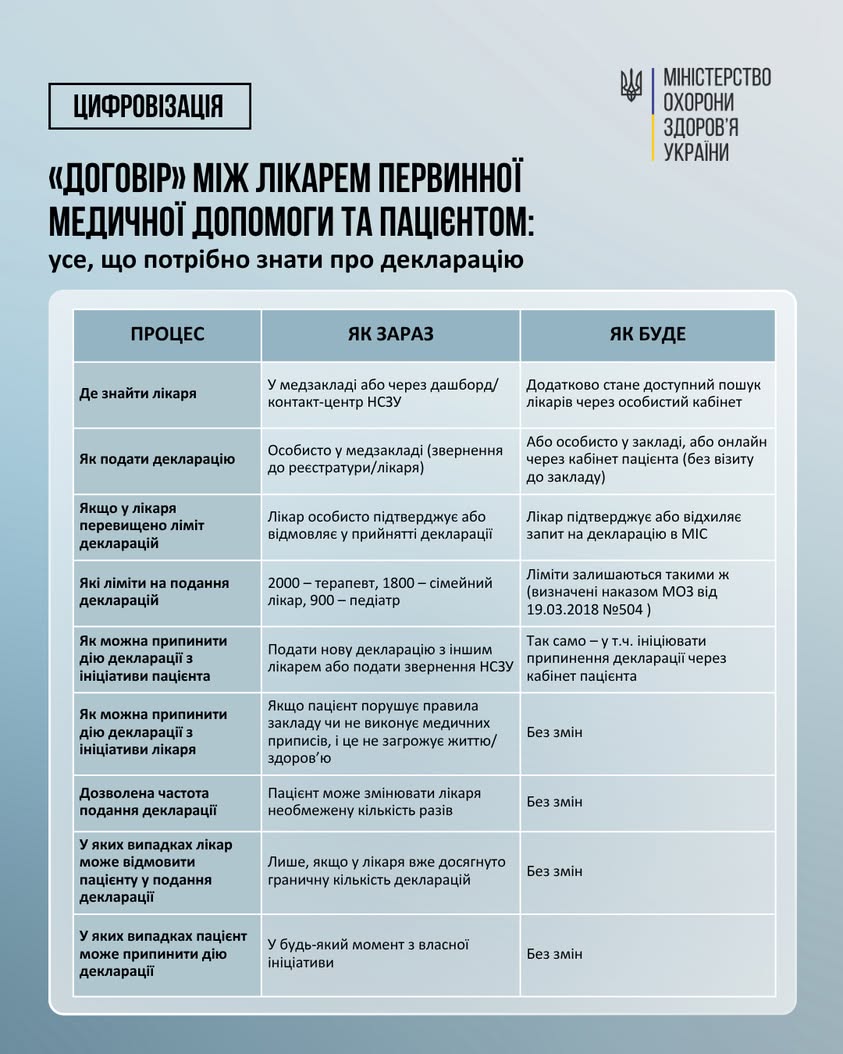Forgotten virus HTLV-1: breakthrough in the treatment of a dangerous infection.
11.08.2025
1214

Journalist
Shostal Oleksandr
11.08.2025
1214

HTLV-1, known as human T-lymphotropic virus type 1, was discovered in 1980. Although it can cause anything from paralysis to aggressive forms of cancer, attention to it remains low. However, scientists have made a breakthrough in researching this virus that has attracted the attention of the medical community. This was reported by IFLScience. What is HTLV-1 and why is it called a 'relative' of HIVHTLV-1 is transmitted during sexual contact, through blood, or breast milk, and can remain in the body for life. According to estimates from the World Health Organization, the number of infected individuals may approach or even exceed 10 million. What are the symptoms of HTLV-1 infectionMost infected individuals do not experience symptoms, but some cases may lead to severe complications. For example, HTLV-1 can cause chronic damage to the spinal cord (HAM/TSP) or the development of aggressive blood cancer (ATL). Where is this virus prevalentHotspots for HTLV-1 include the southwestern regions of Japan, African countries, the Caribbean, South America, and some other regions. What treatments exist for HTLV-1Currently, there is no vaccine for HTLV-1, but scientists in Australia have discovered two drugs that may slow down the virus's activity: tenofovir and dolutegravir. This result opens up prospects for further research and the development of effective treatments for HTLV-1. In some regions of the world, a new strain of the virus, Stratus, is spreading, along with a sharp increase in patients with seasonal infections. According to the news, HTLV-1, a virus that can cause serious diseases, has gained the attention of the medical community thanks to advancements in research. This may contribute to the further development of treatment and prevention methods for this disease.
Read also
- Veterans Need Support: How to Help Soldiers Return to Life
- Diabetes in Ukraine: new national screening for people 40+ starting in 2026
- Electronic Internship: How Young Doctors Choose Their Workplace
- Declaration with the doctor: what to do if it was terminated without your knowledge
- Scientists Create Universal Cells to Fight Cancer: What This Will Change
- Ukrainian hospitals ban donations: What the draft law provides









